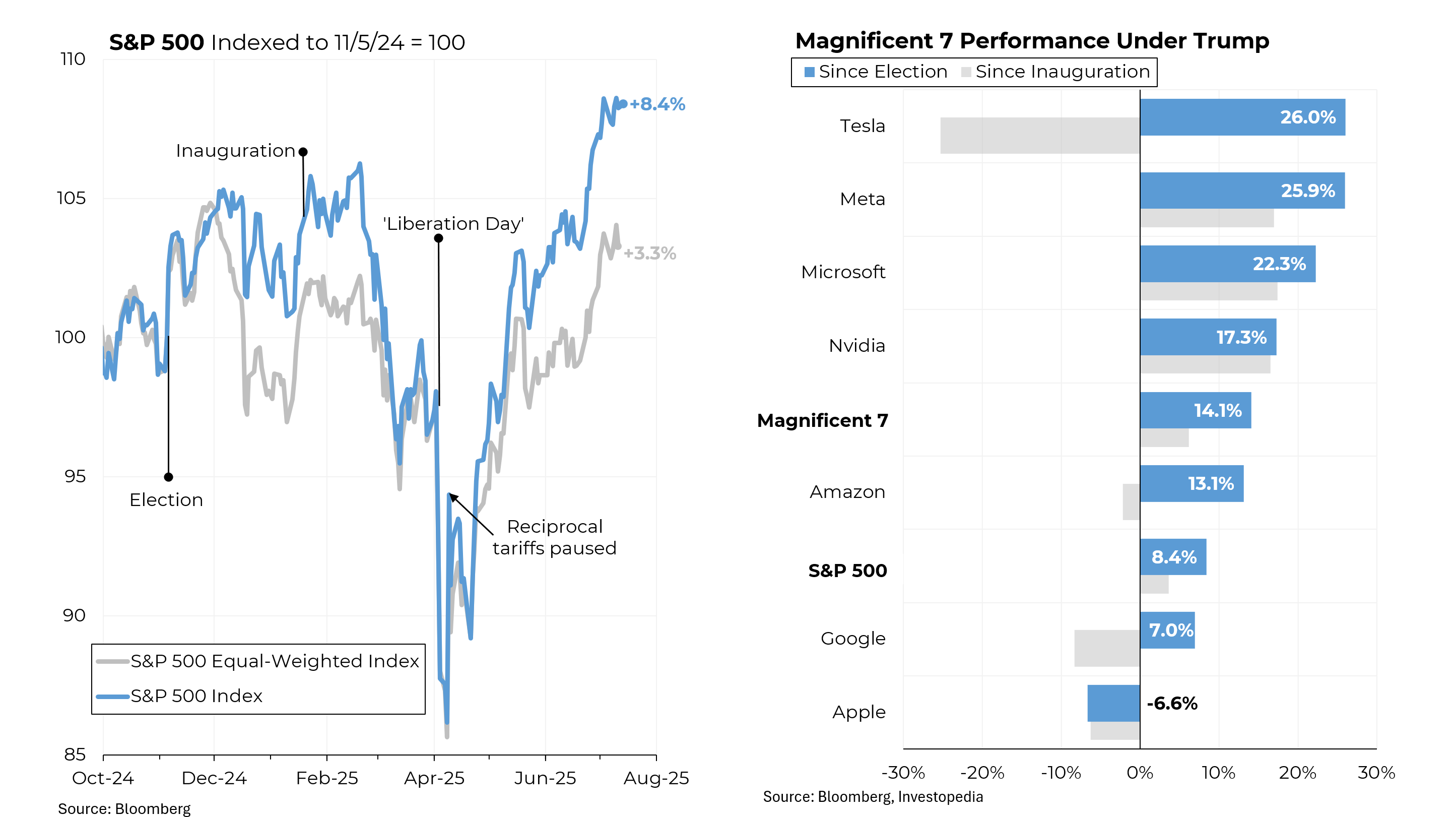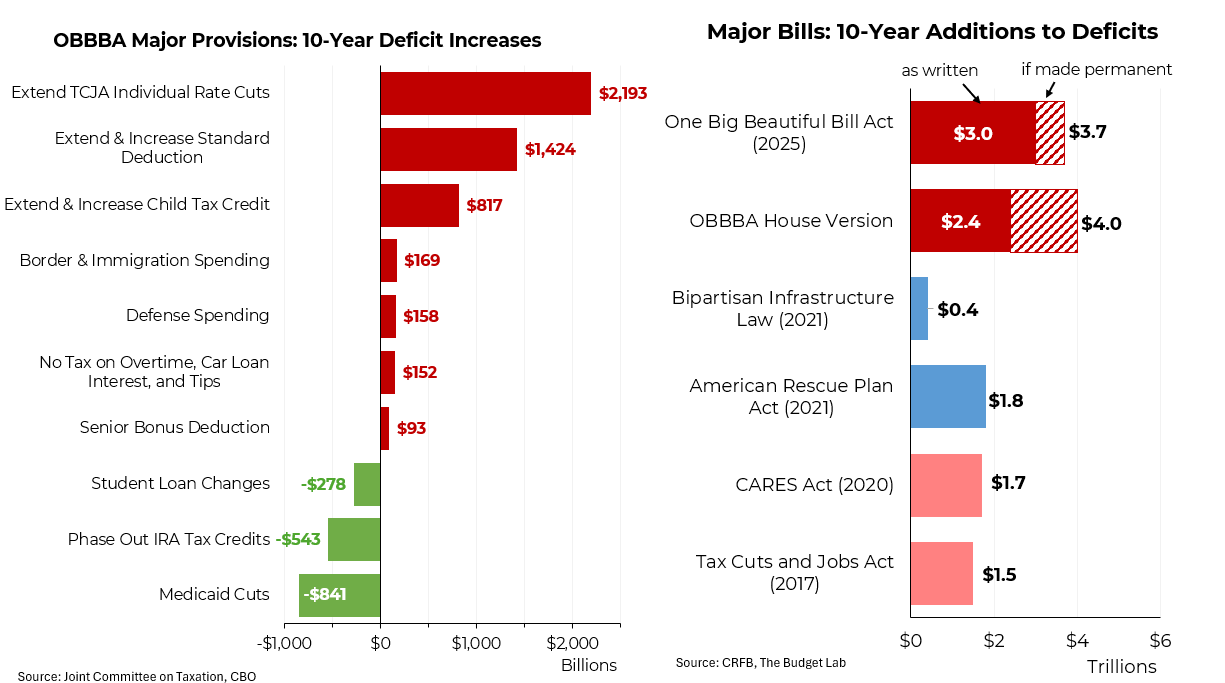Originally published in the New York Times
The government shutdown and debt ceiling crisis inflicted a toll on the American economy, but that cost is only a fraction of the total damage that the federal government has been causing to the American economy.
Without exaggeration, the single biggest impediment to a stronger economic recovery has been the years of dysfunction in Washington and the policies that have emerged.
According to Standard & Poor’s, the shutdown itself will cost the economy $24 billion, an amount that would have paid for a large and valuable infrastructure project like the Big Dig, the massive highway improvement program in Boston.
But far more harm has been done to the economy since early 2010 by terrible decisions as to how the government spends and the effect on both business and consumers of the uncertainty that stems from making policy crisis by crisis.
Most substantively, the sharp decline in the budget deficit, from $1.4 trillion in 2009 to $642 billion in the 2013 fiscal year that ended Sept. 30, has braked the economy at a time when it was already improving only slowly, as Tuesday’s jobs report demonstrated.
According to estimates by the Congressional Budget Office, the pullback in spending by Washington — it declined in 2013 for an extraordinary second year in a row — together with higher taxes will cause the economy to grow by 1.5 percentage points less this year than it would have if the deficit had remained constant.
Using economists’ rough metrics, that’s the equivalent of 1.5 million fewer jobs.
Here’s a small factoid: While conservatives contend that President Obama’s new health care law is driving Americans from full-time work to part-time work, in fact, part-time employment in the private sector has been declining over the past year while it has been increasing in the public sector. That’s because of the partial furloughs of federal workers that resulted from the forced budget cuts known as the sequester.
In overall spending, the lack of a thoughtful budgeting process in Congress has shifted priorities in unfortunate ways.
For example, cuts to domestic programs resulted in a decline in spending on critically needed infrastructure from 0.22 percent of gross domestic product in 2010 to 0.14 percent in 2012, and it’s still falling. Harder to quantify — but unquestionably occurring — is the effect of the uncertainty and government by crisis on both consumers and business. During the 2011 debt ceiling drama and again this fall, consumer confidence, as measured by surveys, plunged and is currently at a nine-month low.
As for business, investment spending — everything from computer equipment to research and development to warehouses — has been flat over the past year and has not grown materially from pre-recession levels, according to Mark M. Zandi, chief economist of Moody’s Analytics.
Hiring has also been affected. One-half of the chief executives in the latest Business Roundtable CEO Economic Outlook survey “indicated that the ongoing disagreement in Washington over the 2014 budget and debt ceiling is having a negative impact on their plans for hiring additional employees over the next six months.”
All told, Macroeconomic Advisers recently estimated that since the end of 2009, the uncertainty created by the series of crises has shaved 0.3 percentage points per year off economic growth and raised the unemployment rate in 2013 by 0.6 percentage points, the equivalent of 900,000 lost jobs.
In other words, a temporary shutdown is one thing; a state of seemingly permanent gridlock is quite another.
The question of what should be done is easier to answer than the question of how to cut through Washington’s Gordian knot.
First, of course, the practice of making key fiscal decisions a few months at a time, under the repeated threat of draconian consequences, should come to an end. Both business and consumers are reasonably entitled to be able to plan.
Second, we need to bring some sanity to fiscal policy. No one can doubt the need for significant, long-term reform. The growth in spending for Medicare, Social Security and other “entitlement” programs brings the distasteful prospect of continuing cuts in all other programs, higher taxes, growing deficits or some combination of them all.
But more immediately, because of the influence of conservative groups like the Tea Party, spending by the federal government on these other critical domestic programs has fallen by 10 percent (before adjusting for inflation!) in just two years.
Without Congressional action, the forced sequester cuts will have an even greater effect as they are fully implemented in this fiscal year. It’s time that policy makers recognize the damage they are doing to the economy with their short-term thinking and imprudent fiscal decisions.








